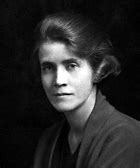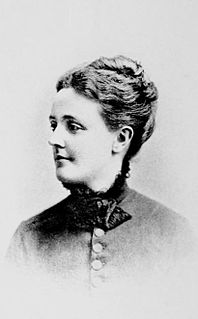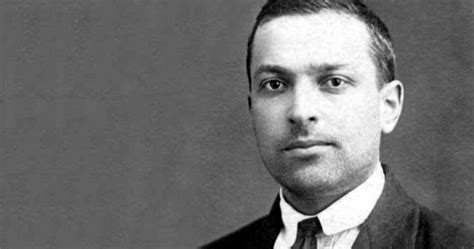A Quote by Virginia Woolf
The word-coining genius, as if thought plunged into a sea of words and came up dripping.
Related Quotes
Words, words, word. Once, I had the gift. I could make love out of words as a potter makes cups of clay. Love that overthrows empire. Love that binds two hearts together, come hellfire & brimstone. For sixpence a line, I could cause a riot in a nunnery. But now -- I have lost my gift. It's as if my quill is broken, as if the organ of my imagination has dried up, as if the proud -illegible word- of my genius has collapsed.
I regret that I must so continually use the word genius, as if that should apply only to a caste as well defined from those below as income-tax payers are from the untaxed. The word genius was very probably invented by a man who had small claims on it himself; greater men would have understood better what to be a genius really was, and probably they would have come to see that the word could be applied to most people. Goethe said that perhaps only a genius is able to understand a genius.
He was born in fury and he lived in lightning. Tom came headlong into life. He was a giant in joy and enthusiasms. He didn't discover the world and its people, he created them. When he read his father's books, he was the first. He lived in a world shining and fresh and as uninspected as Eden on the sixth day. His mind plunged like a colt in a happy pasture, and when later the world put up fences, he plunged against the wire, and when the final stockade surrounded him, he plunged right through it and out. And as he was capable of giant joy, so did he harbor huge sorrow.
The difference between prose logic and poetic thought is simple. The logician uses words as a builder uses bricks, for the unemotional deadness of his academic prose; and is always coining newer, deader words with a natural preference for Greek formations. The poet avoids the entire vocabulary of logic unless for satiric purposes, and treats words as living creatures with a preference for those with long emotional histories dating from mediaeval times. Poetry at its purest is, indeed, a defiance of logic.
The usual method of creation for most human beings is a three-step process involving thought, word, and deed or action. First comes thought; the formative idea; the initial concept. Then comes the word. Most thoughts ultimately form themselves into words, which are often then written or spoken. This gives added energy to the thought, pushing it out into the world, where it can be noticed by others. Finally, in some cases words are put into action, and you have what you call a result; a physical world manifestation of what all started with a thought.
When I met my first savant in 1962, I was impressed by the abilities in these youngsters who had severe disabilities. They appeared to me to be islands of genius in the sea of disability. So I've maintained that word picture since that time, of these islands of genius that are so striking and so jarring when you see them, especially in people who have severe disability.
I remember I was really into this British band, The Vapors, with that song "Turning Japanese." I thought that they were really next level genius cryptic weirdos. And then I realized when I got older they are just using a lot of British words, and I didn't know what they meant. But I thought, Oh, they are making up their own language.
He had a word, too. Love, he called it. But I had been used to words for a long time. I knew that that word was like the others: just a shape to fill a lack; that when the right time came, you wouldn't need a word for that any more than for pride or fear....One day I was talking to Cora. She prayed for me because she believed I was blind to sin, wanting me to kneel and pray too, because people to whom sin is just a matter of words, to them salvation is just words too.



































